It’s a subject most adults don’t like to discuss — nocturnal enuresis, otherwise known as bedwetting.
According to the National Association for Continence, about two percent of adults experience bedwetting, but researchers think the statistic may be underreported due to shame and embarrassment.
If you suffer from bedwetting, it is important to seek advice and explore various treatments that can help lessen the occurrence. Bedwetting can cause many problems such as constantly having to change wet bedding, affecting sleep patterns and putting a strain on your self-esteem. Bedwetting can also be an indication of a serious underlying illness.
What is nocturnal enuresis?
Enuresis can be divided into two forms — persistent primary nocturnal enuresis and adult onset secondary enuresis. Persistent primary nocturnal enuresis begins during childhood, where nighttime dryness has not been achieved for more than six months. According to the National Association for Continence, about two to three percent of male and female adults older than 18 years have this type of nocturnal enuresis.
Adult onset secondary enuresis is defined as the individual having had a period of being dry and then starting to wet at some point in their lives. This bedwetting condition generally affects individuals closer to 60 years old.
Causes of bedwetting
Some common causes of bedwetting include:
- Urinary tract infection (UTI).
- Smaller than average bladder size.
- Prostate gland enlargement.
- Stress or anxiety.
- Overactive or unstable bladder.
- Side effects of medication.
- Sleep apnea.
What can be done to help bedwetting?
Changing certain lifestyle habits may help with bedwetting. Some treatments include:
- Limiting fluid intake a couple of hours before bed time. Be sure to hydrate well throughout the day, as dehydration can cause urinary tract infections, which can worsen incontinence.
- Reducing or eliminating caffeine and alcohol from your diet.
- Keeping a bladder diary.
- Setting a night time bathroom alarm.
- Wearing absorbent briefs at night.
- Protecting your bed mattress with disposable liners.
What you can expect at a doctor’s appointment
Your doctor may ask some of the following questions to better understand your circumstances:
- How much urine is voided?
- What are your drinking patterns?
- When do accidents occur?
- How often do accidents occur?
- Do you have a history of urinary tract infections?
- What types of liquids do you drink?
At your doctor’s appointment, you can expect:
- A physical examination.
- Neurological evaluation.
- Urine tests to determine the contents of the urine.
- Ultrasound of kidneys and bladder.
As embarrassing as it may seem to you, bedwetting for adults can often be an indication of an underlying illness, disease or symptom of another untreated medical condition. If you have any questions or concerns, consult with a healthcare professional immediately.







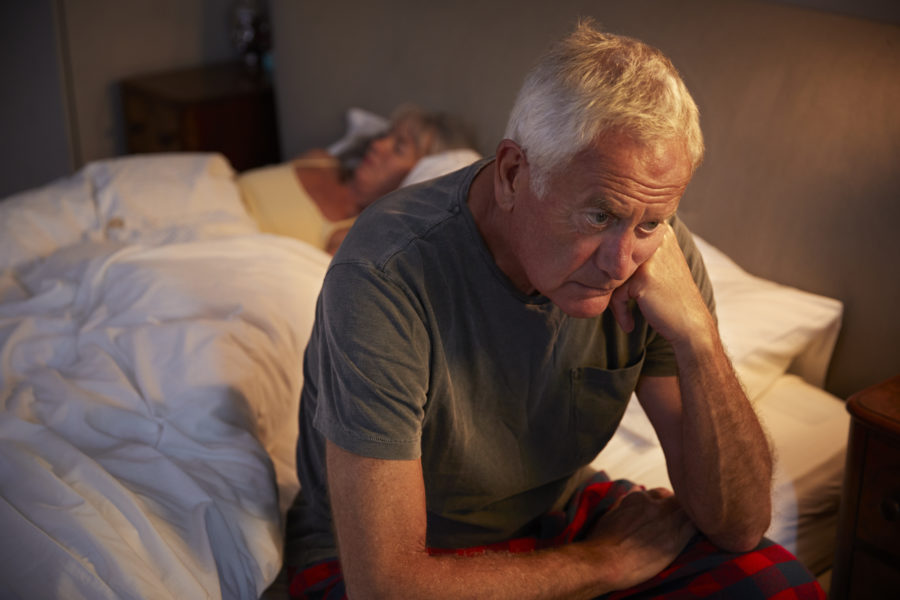


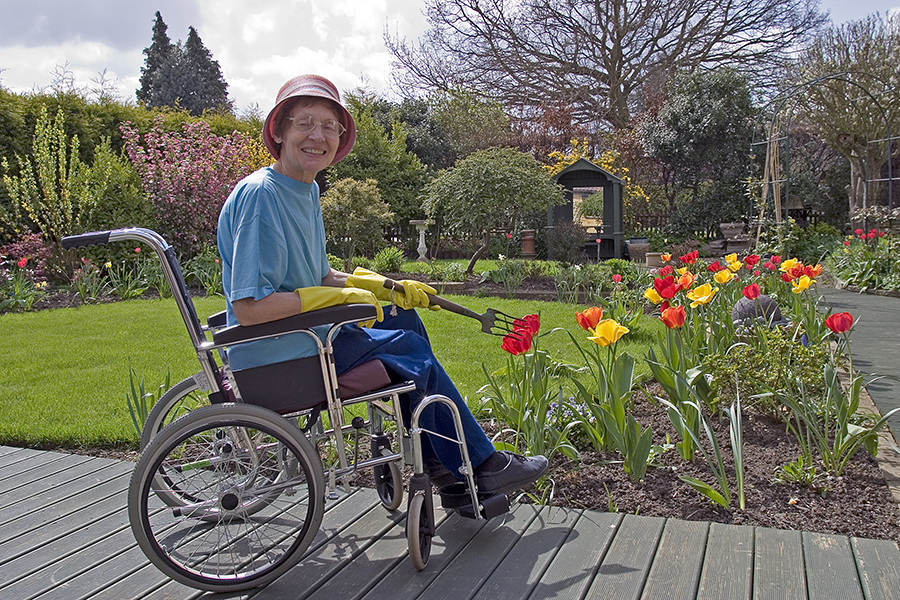
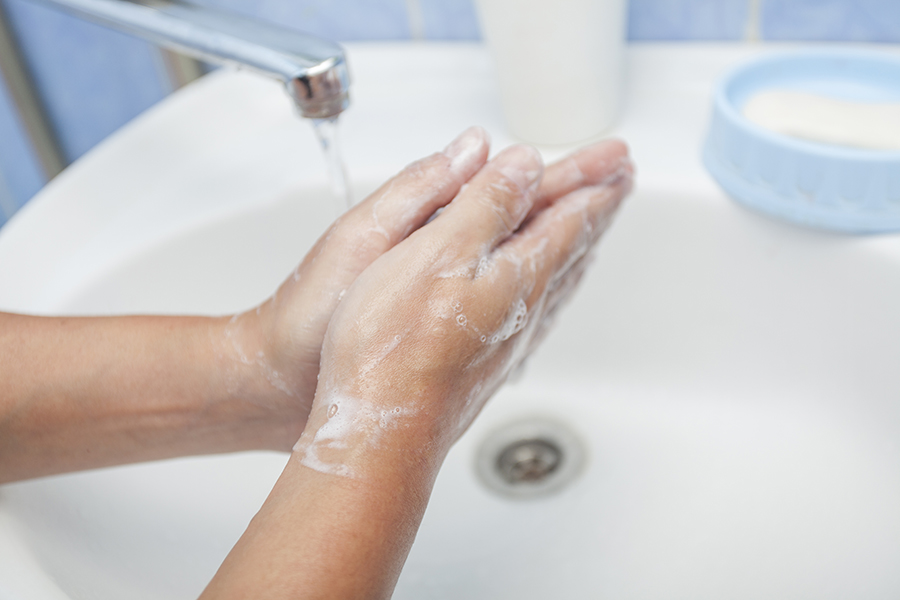
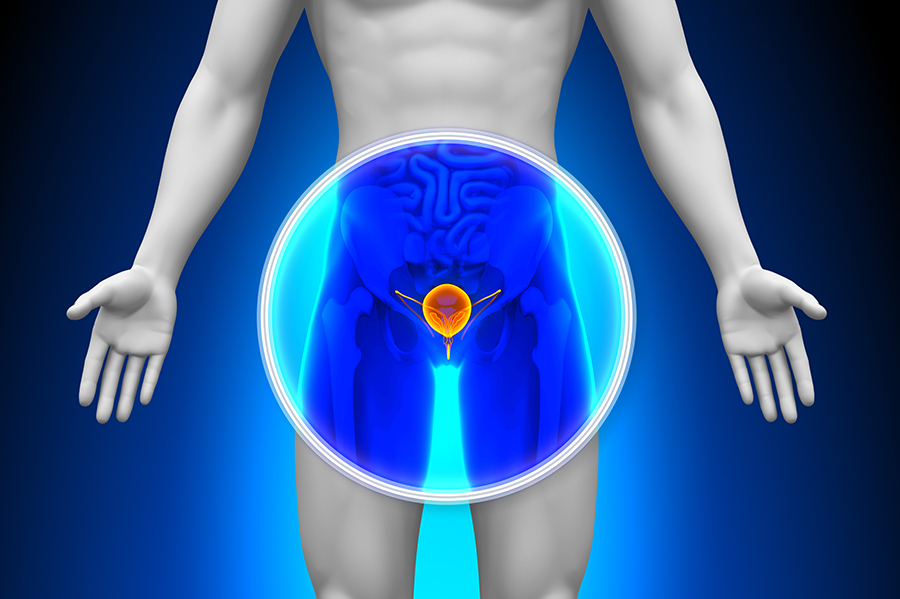
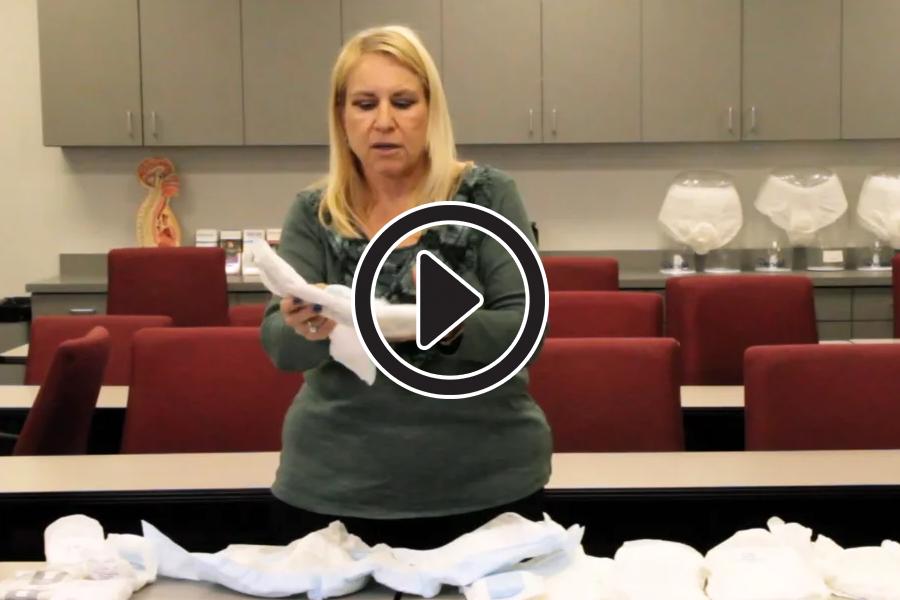
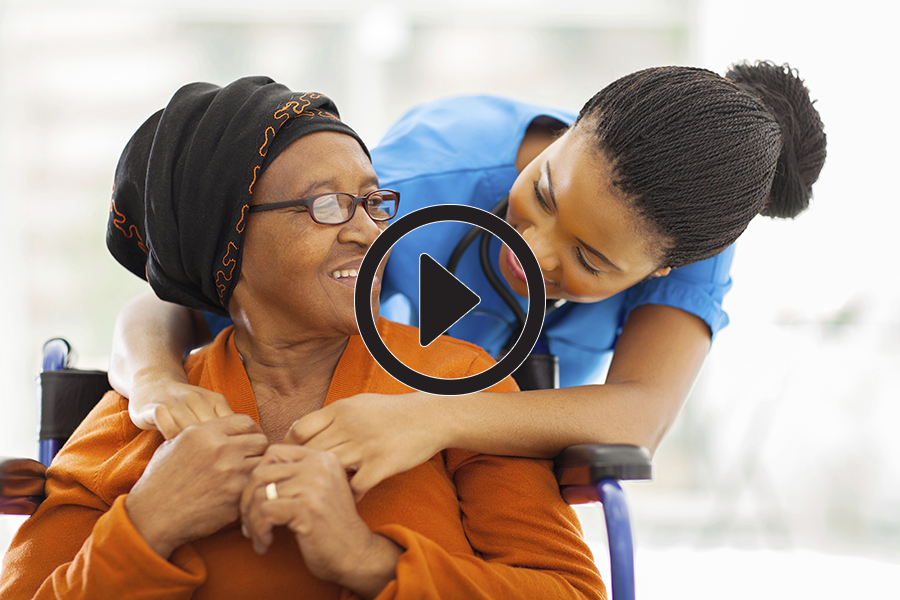

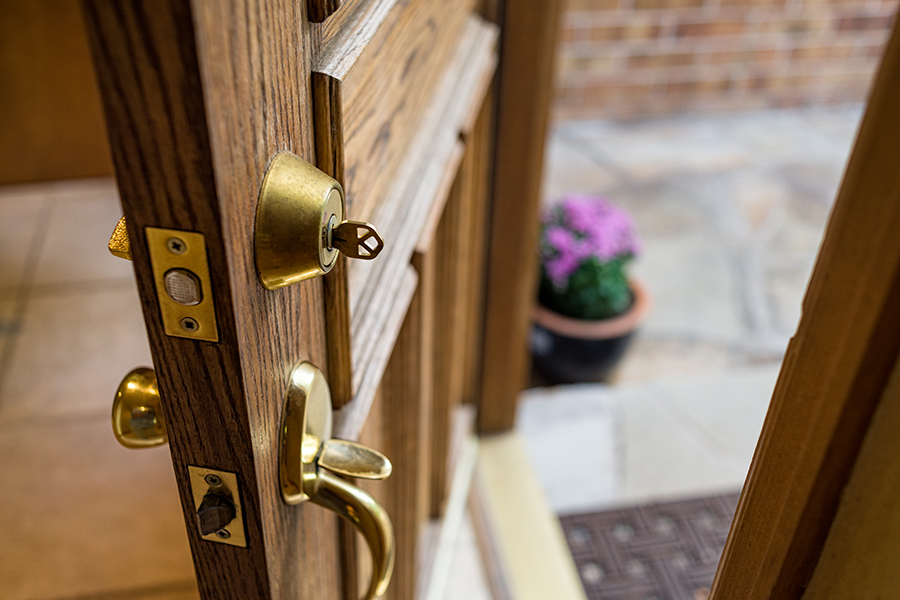

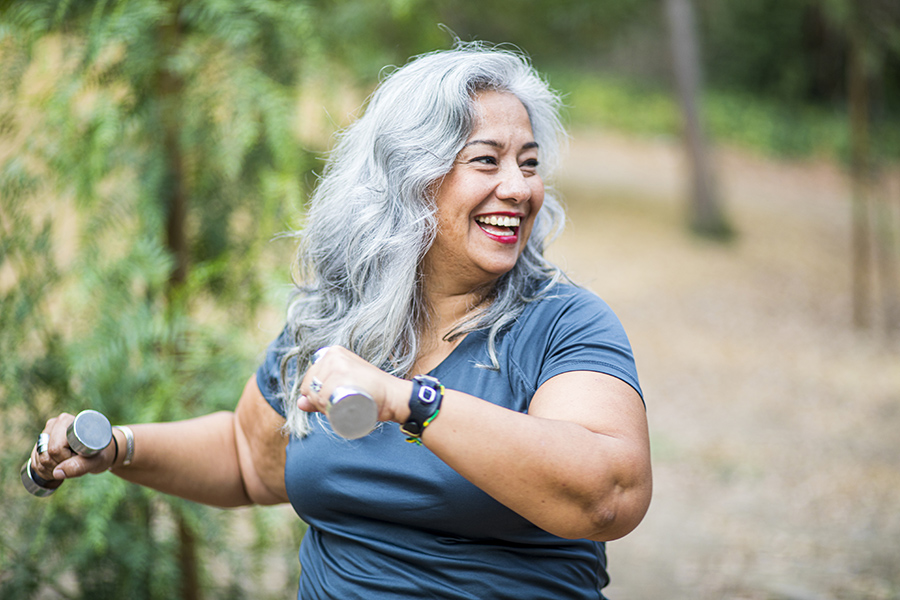

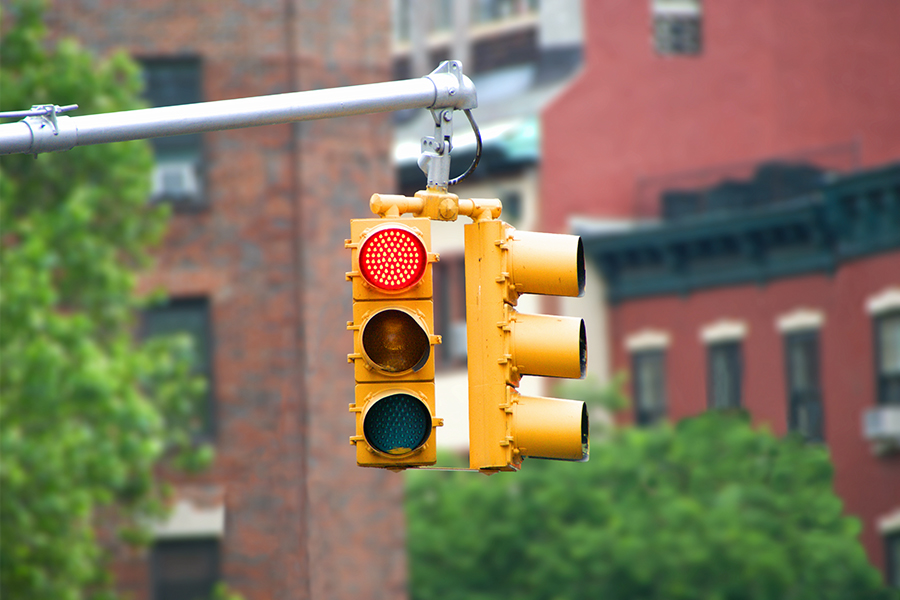
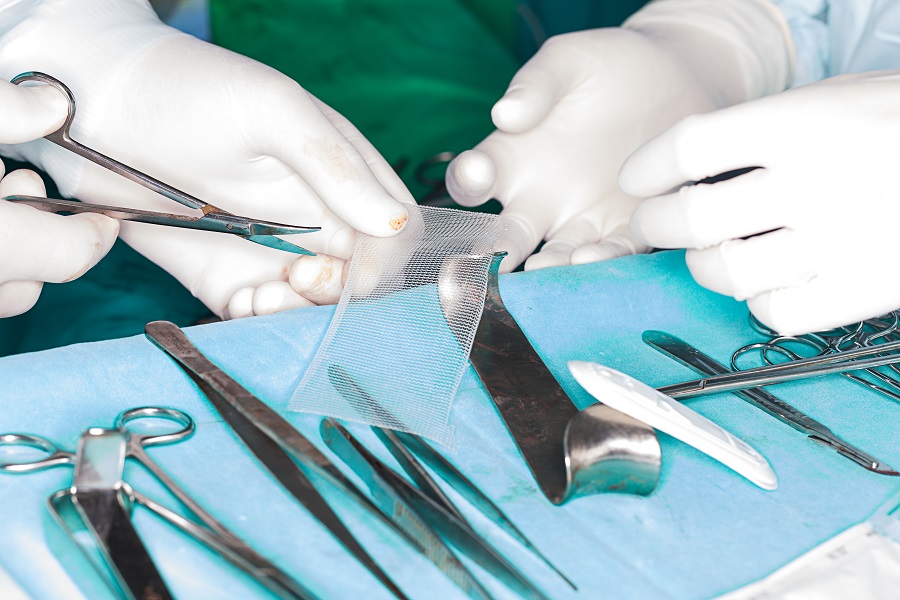


I am an adult bedwetter. I grew up a chro is nightly bedwetter and wasn’t reliably dry at night u til my early 20s. My bedwetting came back in my late 40s and I have seldombeeen dry at night since.